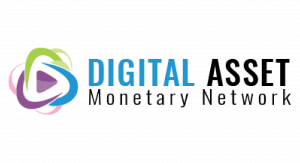Finances can be daunting, especially when many weren’t taught how to balance a checkbook, reconcile a bank statement, file a tax return, or create a budget— let-alone follow it. ls our educational system failing us in teaching financial literacy?
For most people, financial education comes long after their formative high school and post-secondary school years. This disservice from the education system could result in generations of confused, frustrated, and discouraged students mismanaging or neglecting their finances. With student debt topping $1.48T, it is clear that it has become our responsibility to educate ourselves. Financial literacy is a lifelong process, not a finite journey.
Stop procrastinating
The hardest part of breaking a habit or starting something new is actually getting off our butts and doing it. Start small, there’s no need to become Warren Buffett overnight. Here’s how to get started:
- Take inventory of your current status. Review your debt, credit card balances, and credit score. Learn to decipher and earmark your pay stubs before spending your hard-earned cash. You need an honest assessment of where you stand financially; otherwise you don’t know what you can afford.
- Track spending. It’s not sexy or fun, but it’s necessary. Everyone has embarrassing surprises when they examine where they spend their money each month, so don’t feel bad, just consciously work on improving your bad spending habits.
- Talk to your fiscally responsible friends. Ask them how they manage their finances, what software they use, or who advises them. Take notes, compile their feedback, then dig into it. Google every term you don’t know and lean in, we all start somewhere.
Take action
The newfound transparency in your financial life will point you in the direction where your attention is needed. Uncovering your blind spots (we all have them) is a practical place to take action. For example, if over-spending on coffee in the morning is your vice, track your spending with an app like Mint or use cash to keep temptation at bay. Taking simple measures to prevent our worst impulses translates into effective action that also gives us a feeling of control and accomplishment. These habits get easier the more we practice and integrate them into our daily lives.
Read how Jay-Z is actually the patron saint of generational wealth and financial literacy
Financial Literacy: A Series of Good Habits
Common Cents: Why Financial Literacy Matters During a Pandemic
Practical Steps to Reach Financial Literacy
Financial literacy is on the rise and crowdfunding is its loyal sidekick


